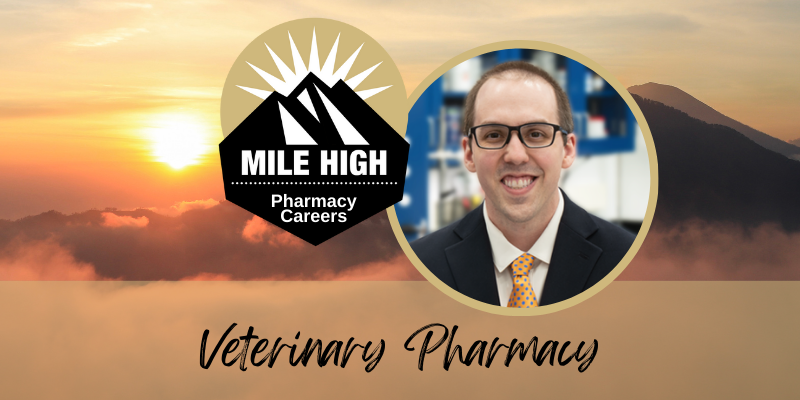When the rest of the higher education world was reacting to COVID-19 and doing an immediate pivot to online student interviews, the University of Colorado Skaggs School of Pharmacy and Pharmaceutical Sciences was ahead of the curve.
Two years ago, CU Pharmacy implemented virtual interviews as one step to remove barriers to pharmacy school. With many first-generation students entering academia, the school overwhelmingly decided it needed to change to meet the needs of its students. Along with eliminating the Pharmacy College Admissions Test (PCAT) requirement, CU Pharmacy identified barriers in access such as cost, transportation, and needs at home that block candidates from applying and being accepted to school.
“We want good candidates so we don’t want to exclude anyone who may be a great pharmacist because they have financial or transportation barriers,” explains Connie Valdez, PharmD, Professor of Clinical Pharmacy. “This works really well to capture these high-quality candidates.”
The steps to implement online interviews was not without its own barriers, but faculty have worked hard to create a successful virtual process.
“As a faculty we have done a good job looking at the data that we typically use [for admissions] and make sure that we aren’t eliminating important pieces but also recognizing that some of the things we used to evaluate candidates on maybe was not as helpful as we once thought,” said Rhianna Fink, PharmD, Clinical Assistant Professor.
The result, according to Professor Kavita Nair, PhD, is that our students look like what our country looks like.
“We have 34% first-generation students (in the Class of 2024) and that is because we have worked hard to remove these barriers,” she said.
For first year PharmD student Emily McVeigh, her virtual interview eliminated the need to travel from Pennsylvania. She was also able to move her webcam around her room, something unexpected but organic, to show her interviewer a current project.
“It feels more relaxed because you’re able to be in your own home,” McVeigh said.
When COVID-19 forced all interviews to go virtual, the transition, according to faculty, was seamless. Since its inception, the admissions committee has seen an increase in personal conversations during virtual interviews. This is especially important now, as virtual is becoming the new normal.
McVeigh found that both she and her faculty interviewer shared a love for volunteering, something she was excited to discover. It set the stage for a deeper connection through the entire process.
Interviews are scheduled in 40-minute timeslots, and individuals are able to tune in from the comfort of their own homes. Faculty can adapt to the needs of the student and steer the conversation to discover deeper passions on why the student wants to be a pharmacist. Additionally, faculty now have the flexibility and time to be paired with students who share similar lived experiences. The result is a more connected student and faculty interview process, setting CU Pharmacy above the rest.
“By the time other schools were moving online, we had already been doing interviews this way for two years,” Nair said. “The kinks were already ironed out.”
.png)


